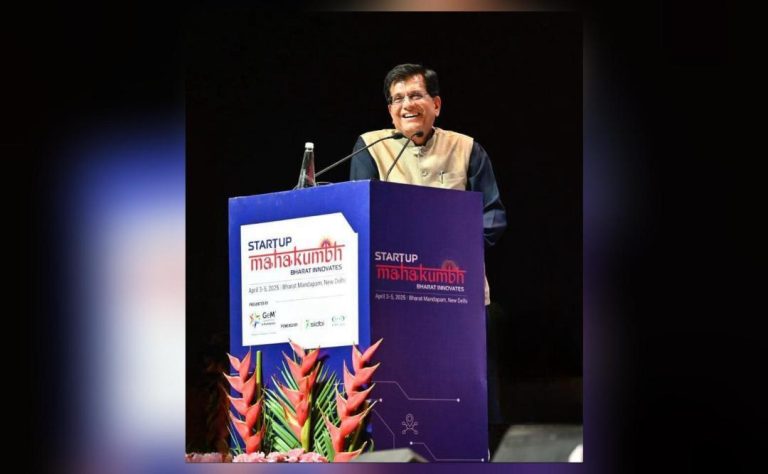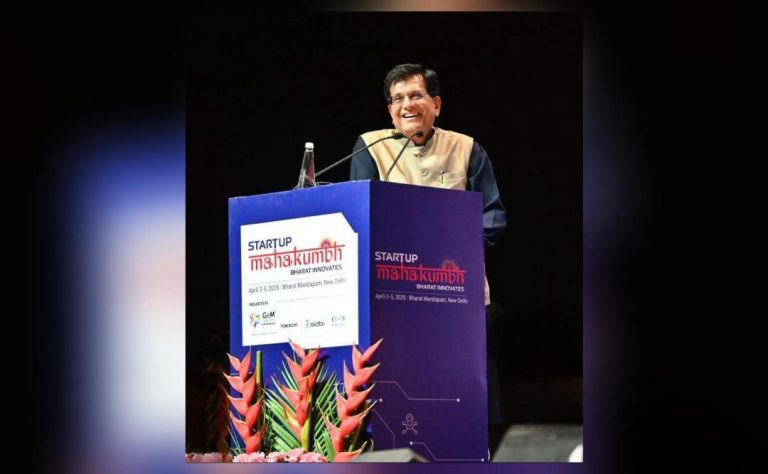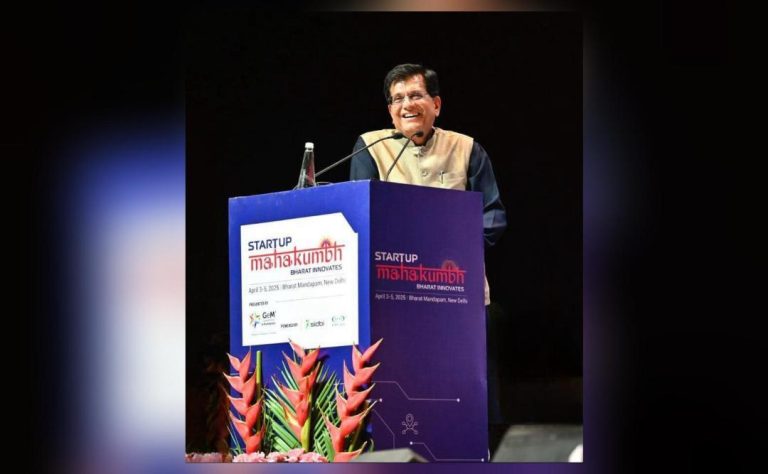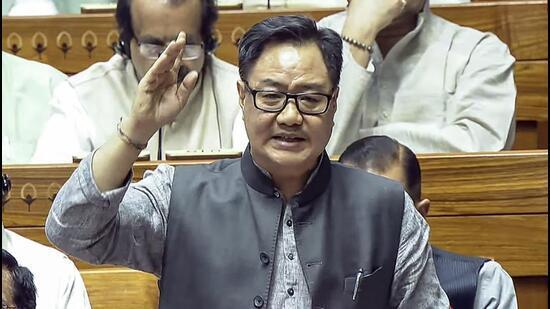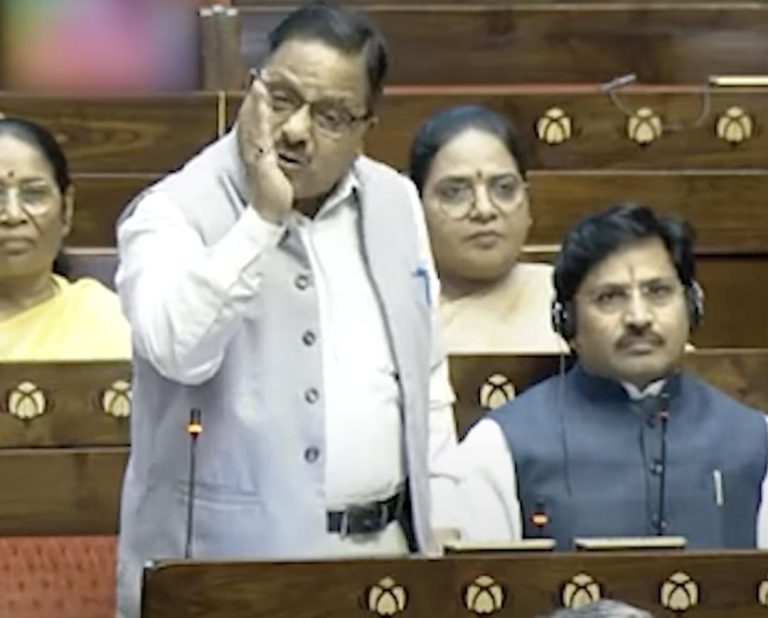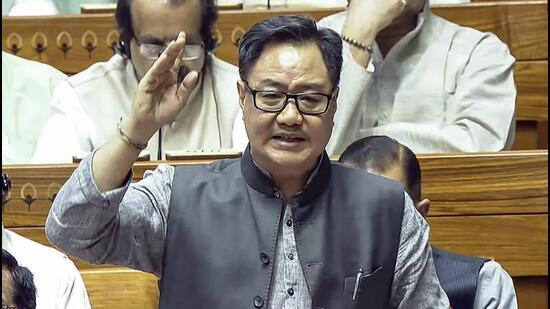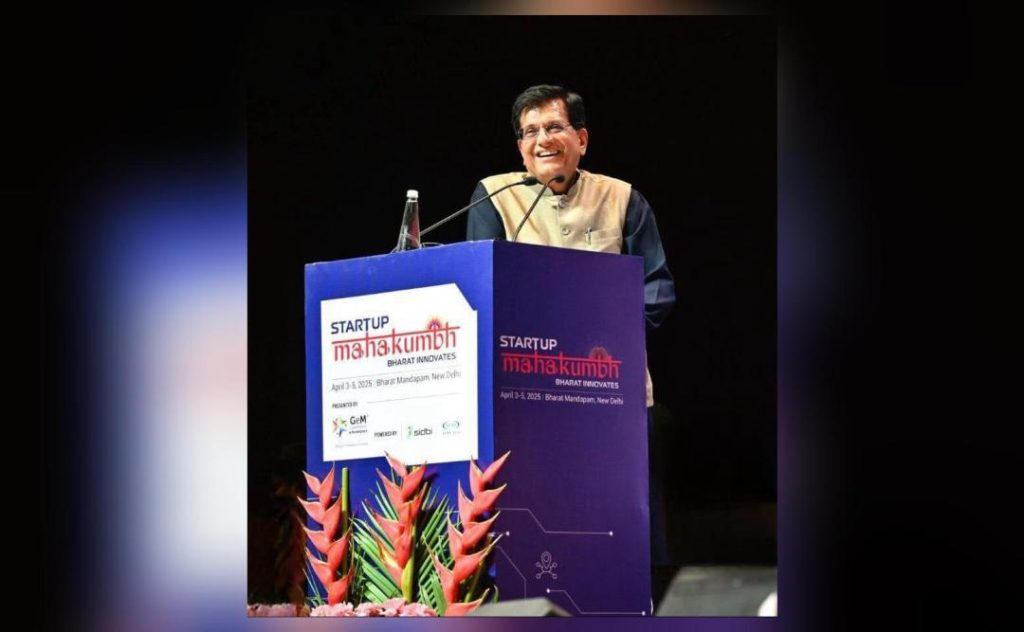
Giving fancy packaging to ice-creams & cookies is not start-up: Piyush Goyal
In today’s competitive business landscape, the term “start-up” has become a buzzword, often associated with innovative ideas, cutting-edge technology, and bold entrepreneurial ventures. However, Union Minister of Commerce and Industry, Piyush Goyal, recently sparked a debate by stating that giving fancy packaging to ice-creams and cookies doesn’t necessarily make it a start-up. Instead, he emphasized that it is entrepreneurship and a business model.
Goyal made these remarks at the recent Startup Mahakumbh 2025, a premier event that brought together entrepreneurs, investors, and policymakers to discuss the future of startups in India. His comments have sparked a lively conversation among industry experts, entrepreneurs, and enthusiasts, with many questioning the definition of a start-up and the criteria that distinguish it from a traditional business.
In recent years, the Indian startup ecosystem has experienced unprecedented growth, with numerous entrepreneurs and venture capitalists investing in innovative ideas and emerging technologies. The government has also launched various initiatives to support the growth of start-ups, including the Startup India initiative, which aims to promote innovation, entrepreneurship, and job creation.
However, Goyal’s comments suggest that there is still a long way to go before India can truly claim to be a hub for innovation and entrepreneurship. According to him, the country’s deep-tech space is a major area of concern, with only 1,000 startups in this space, which is a “disturbing situation.” He also emphasized that start-ups in other nations are focused on cutting-edge technologies such as AI, 3D printing, and blockchain, which are not yet a significant part of India’s startup landscape.
Goyal’s comments are not without merit. While India has made significant progress in the fintech, e-commerce, and digital payment spaces, the country still lags behind in terms of innovation and R&D. According to a recent report by the National Association of Software and Service Companies (NASSCOM), India’s R&D expenditure as a percentage of its GDP is significantly lower than that of other developed economies.
Moreover, Goyal’s emphasis on entrepreneurship and business model is a timely reminder that start-ups are not just about creating a new product or service, but also about identifying a market need, developing a scalable business model, and creating a sustainable competitive advantage. Many start-ups in India, especially in the consumer-facing space, often focus on creating a new product or service without necessarily developing a robust business model or scaling their operations.
Goyal’s comments have also sparked a debate about the role of government in supporting start-ups. While the government has launched various initiatives to support start-ups, many entrepreneurs and industry experts believe that more needs to be done to create a conducive ecosystem for innovation and entrepreneurship. This includes providing access to funding, talent, and infrastructure, as well as simplifying regulatory frameworks and reducing bureaucratic hurdles.
In conclusion, Piyush Goyal’s comments serve as a timely reminder that start-ups are not just about creating a new product or service, but also about entrepreneurship, innovation, and a business model. While India has made significant progress in the startup space, there is still a long way to go before the country can truly claim to be a hub for innovation and entrepreneurship. By focusing on developing a robust business model, scaling operations, and creating a sustainable competitive advantage, Indian start-ups can not only achieve success but also contribute to the country’s economic growth and development.
Source: https://x.com/moneycontrolcom/status/1907795297826378009
